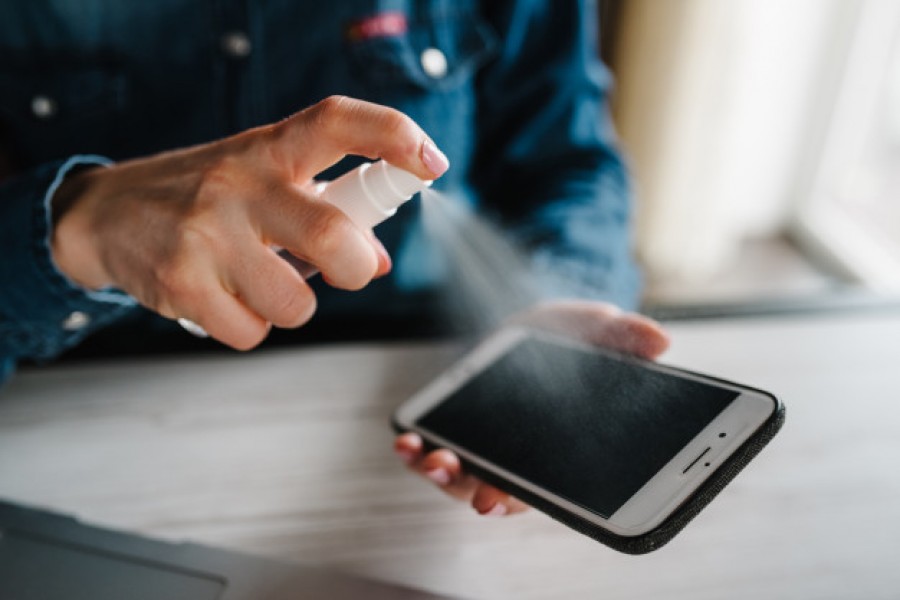The virus responsible for Covid-19 can remain infectious on surfaces such as banknotes, phone screens and stainless steel for 28 days, researchers say.
The findings from Australia's national science agency suggest SARS-Cov-2, the strain of virus that causes coronavirus disease, can survive for far longer than thought, reports BBC.
Previous laboratory tests found that the virus can survive for two to three days on bank notes and glass, and up to six days on plastic and stainless steel, although the results vary.
The latest findings from Australia's national science agency CSIRO, published in the Virology Journal, also found the virus lasted 10 days longer than influenza on some surfaces, reports Guardian.
However, the experiment was conducted in the dark.
UV light has already been shown to kill the virus.
Some experts have also thrown doubt on the actual threat posed by surface transmission in real life.
The coronavirus is mostly transmitted when people cough, sneeze or talk.
Dr Larry Marshall, the chief executive of the CSIRO, said establishing how long the virus survived on surfaces enabled scientists to more accurately predict and prevent its spread.
Deputy Director of ACDP Dr Debbie Eagles said the results reinforced the need for good practices such as regular hand washing and cleaning surfaces.
“At 20C, which is about room temperature, we found that the virus was extremely robust, surviving for 28 days on smooth surfaces such as glass found on mobile phone screens,” she said.
Similar experiments for Influenza A found it survived on surfaces for 17 days.
Further experiments were carried out at 30C and 40C, with survival times for the Sars-CoV-2 virus decreasing as the temperature increased.
“While the precise role of surface transmission, the degree of surface contact and the amount of virus required for infection is yet to be determined, establishing how long this virus remains viable on surfaces is critical for developing risk-mitigation strategies in high-contact areas,” Eagles said.
ACDP director Professor Trevor Drew said the research may help explain the apparent persistence and spread of Sars-CoV-2 in cool environments such as meat processing facilities and how that might be better addressed.


